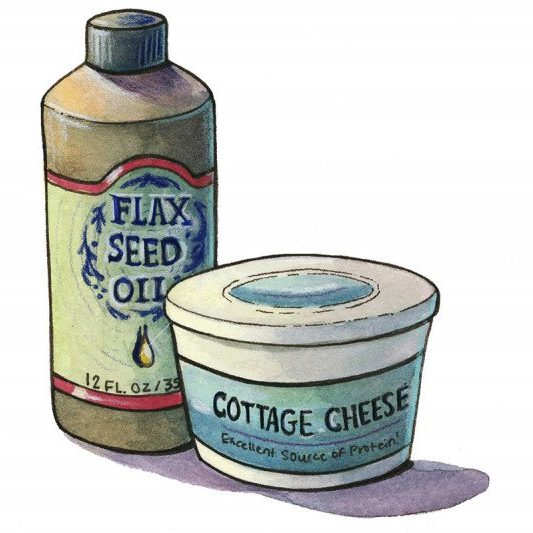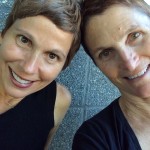I didn’t think doctors or researchers would ever crack the code to my RP-suspected vision loss. I don’t have any family history and the two genetic tests I underwent in 2018 came up empty. But with all the breakthrough medical advancements now being made on the RP front, that might as well have been light years ago.
In the last three years alone, researchers have identified 140 new gene mutations associated with RP, bringing the total to around 320. So, at the urging of a new retinal specialist, I gave it another go. And lo and behold, eight gene mutations linked to RP were found. At first, I didn’t understand why knowing these mutations were of benefit to me because it’s not like I have a strong dominant gene that is being targeted for gene therapy. But as it turns out, having a known gene association with RP is a key criterion to participate in any of the promising RP clinical trials underway — including the gene agnostic optogenetics therapy developed by Nanoscope therapeutics now being tested in a phase 2B clinical trial throughout the US.
Beyond this, in my case, I’ve uncovered a critical clue that may be tied to both my vision loss and the triple-negative breast cancer I was diagnosed with six years ago: Arginine, an essential amino acid that is critical for blood flow and circulation, is being stripped from one of my genes.
This was a light bulb moment for me and has led me to adopt the Budwig protocol, which was developed by German Biochemist Johanna Budwig to treat cancer patients. What she discovered is that, like me, severely ill cancer patients were missing this essential amino acid in their cells. It’s a key ingredient in flaxseed oil. The problem, according to Budwig, was that in order for cells to absorb this essential amino acid, the oil needed to be delivered through a water-soluble mechanism. To solve this issue, she blended flaxseed oil with low-fat cottage cheese (or quark), which makes the oil water-soluble.
There is limited research on the Budwig Protocol, though many cancer survivors swear by it. And given that this essential amino acid is also critical to eye health, Budwig Protocol here I come.
What I know for certain is that vision-restoring answers are finally on the way for us. In the meantime, we have got to do our part. We have to do everything we can to slow the degeneration so our retinas are in the best shape possible for the emerging therapies. Knowledge is power, so the more we learn about our specific mutations through the extensive genetic testing now available, the more we help researchers help us — and the more we may be able to help ourselves.
Because of my recent genetic test results, I have a new tool I can add to my personal eyesight retention and restoration plan. And that, along with the regular OTC scans I’m now undergoing to carefully track and monitor my retina and any changes occurring, ensures I can be ready to jump as soon as the right therapy for me materializes.
I’m shouting out my gratitude to every researcher, scientist, and eye doctor who are working on our behalf — as well as to the many foundations and individuals who have and continue to generously fund eye research. Thanks to all of you, I know I’m going to see my family’s faces and my world again.



I love this idea! Thanks for the reminder that while waiting for medical breakthroughs, we have to keep ourselves strong and healthy so that they’ll work better when the time comes. It’s great to read about this new approach of yours. Happy New Year – I hope 2022 is year of good health and hope!
Thanks for continuing to share the latest research. Although I don’t have RP, my retinas are pretty messed up, as well as my optic nerve, so any new research sounds promising. I appreciate the reminder to stay healthy and keep a positive attitude! I hold out hope for you and all those affected by RP.